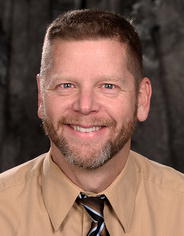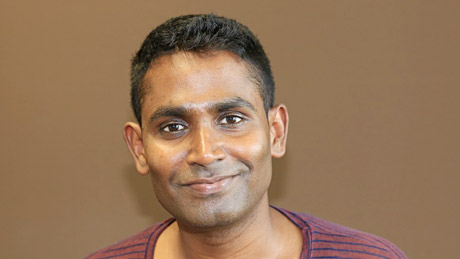
The way we rank individuals and institutions simply does not work, argues Yves Gingras, Canada Research Chair in the History and Sociology of Science, based at the University of Quebec in Montreal. He should know: In 1997, he cofounded the Observatoire des sciences et des technologies, which measures innovation in science and technology, and where he is now scientific director. In 2014, he wrote a book detailing the problems with our current ranking system, which has now been translated into English. Below, he shares some of his conclusions from “Bibliometrics and Research Evaluation: Uses and Abuses.”
Retraction Watch: You equate modern bibliometric rankings of academic performance to the fable about the Emperor’s New Clothes, in which no one dares to tell a leader that he is not wearing an invisible suit – rather, he is naked. Why did you choose that metaphor? Continue reading We are judging individuals and institutions unfairly. Here’s what needs to change.
 We all know that researchers continue to
We all know that researchers continue to 






